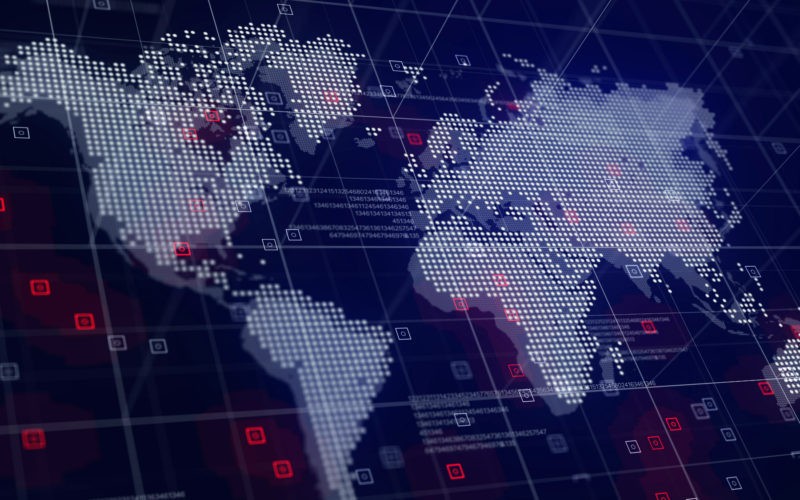Recently, there have been significant changes in how countries interact due to globalization and technological advancements that have made the world more interconnected than ever before. This presents both opportunities and challenges that individuals and businesses need to navigate in order to adapt effectively to the evolving landscape of internationalization.
The Age of Digital Transformation
The advancement of technology plays a crucial role in shaping how people interact on a scale today. With just a click or tap on a device connected to the internet, data and messages can swiftly move from one part of the world to another. This ease of communication has made it possible for businesses to expand their reach and connect with audiences around the globe. Digital platforms such as the i18 have created opportunities for smaller enterprises to compete at a level, making business competition more fair and inclusive.
Digital transformation requires organizations to adapt and embrace innovation to stay current and competitive in the evolving landscape of technology and business trends. Outdated methods could leave them trailing in this era of digital advancement. Redefining their approach to navigating terrains skillfully will be key to achieving success amidst all the changes happening around businesses.
The Interchange of Cultures and Variety
As the world becomes more interconnected, people from different cultures come into contact more often, leading to a rich tapestry of traditions and perspectives. This cultural exchange fosters understanding among communities and provides businesses with insights into diverse markets and consumer behaviors.
Recognizing and embracing diversity can greatly benefit organizations. Businesses that appreciate the importance of inclusivity often see a boost in creativity and efficiency. Staff members with backgrounds offer unique viewpoints that encourage innovation. Additionally, integrating subtleties enables companies to customize their products or services to cater to a range of customers.
The Difficulties of Expansion
Although there are chances for global expansion for businesses today, moving into international markets comes with its own set of challenges that must be carefully navigated through strategic planning and cultural awareness. Due to language barriers and varying regulations, organizations between countries need to consider local customs and legal obligations to forge successful collaborations.
In today’s connected world of technology and information sharing, the focus on cybersecurity has grown significantly. Businesses must prioritize the protection of data across regions, ensuring that robust security protocols are in place to safeguard customer data and uphold trust.
Sustainability and Responsibility
As the world becomes more interconnected through globalization efforts, the focus on sustainability grows in significance for businesses worldwide. The intricate web of economies highlights how decisions made in one region can reverberate globally. Businesses are urged to account for the effects of their activities and aim for sustainable methods of operation.
Corporate accountability goes beyond focusing on environmental issues; it also involves essential ethical considerations for preserving a favorable reputation worldwide. Organizations are required to adhere to fair labor standards and make constructive contributions to the communities they serve. Establishing trust and credibility at a global level necessitates being transparent and accountable.
The Importance of Education
In the present-day interconnected world, education is crucial for preparing to meet the challenges of all. Schools are now focusing more on teaching students about certain issues so they can thrive in job markets. Being fluent in languages and understanding cultures are now seen as key aspects of a well-rounded education.
Moreover, internet-based educational platforms support interactions where students have the opportunity to enroll in classes from renowned universities around the globe, broadening their perspectives and knowledge base. This worldwide educational integration cultivates a knowledgeable global population.
The Outlook for the Future
In the coming years, the internationalization landscape is set to evolve with the emergence of cutting-edge technologies like intelligence and blockchain. These technologies will pave the way for transforming global relationships and interactions, ushering in fresh avenues for creativity and partnership.
However, it’s crucial to stay alert in tackling any obstacles that may arise. Leaders in government and industry should collaborate to establish guidelines that support equal involvement. Finding the balance between the advantages of globalization and ethical responsibilities will be critical.
Summary
Living in a world where everything is interconnected opens up opportunities for development and teamwork on a scale. By embracing progress in technology and the values of cultures while also prioritizing sustainability, we set the stage for achievements. Even though there are hurdles to overcome, approaching them with plans and having a sense of accountability can lead to success. As communities around the world grow together, the outlook for cooperation appears bright, promising a more unified and peaceful global society in the days ahead.












